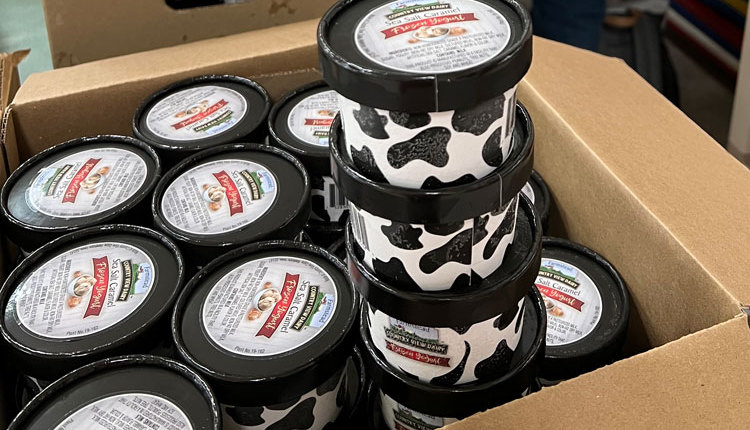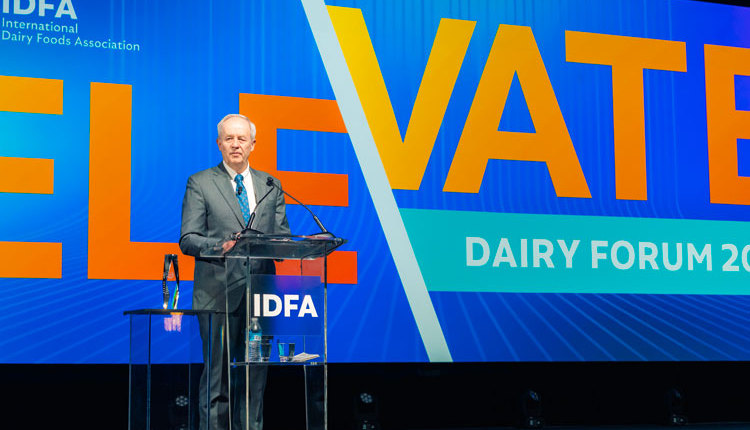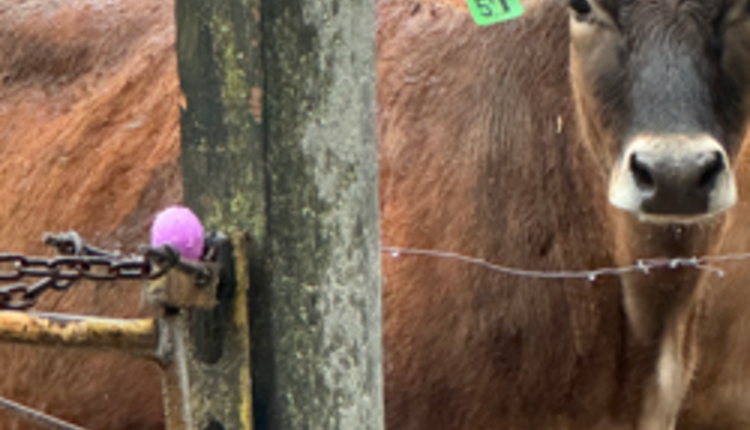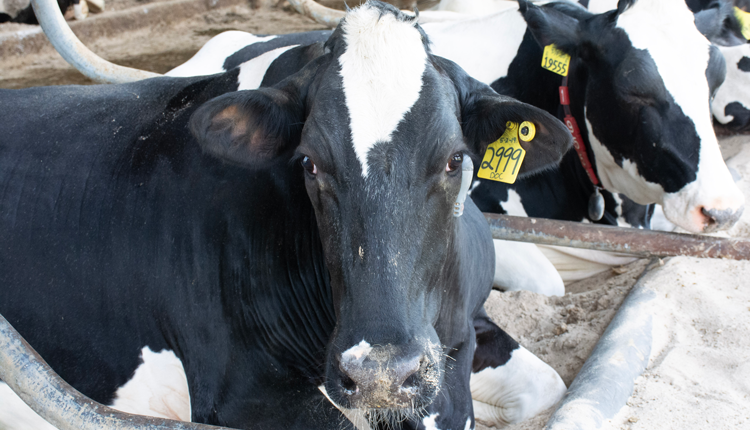Ireland is reeling after yesterday's announcement by the Department of Agriculture, Food and the Marine that it has found a suspected case of bovine spongiform encephalopathy (BSE), its first since 2013.
Confirmatory tests have already begun and final results are due next week. Ireland Minister for Agriculture Simon Coveney has said the results are 80 percent likely to be positive. He added that there is no reason to believe other animals are infected.
The discovery comes at a horrible time for Irish dairy and beef industries. Milk producers began ramping up output months before European Union production quotas ended in April, and processors have been working vigorously to develop and expand global export markets.
In the last year Ireland became the first EU nation to regain access to the U.S. beef market, and both China and Japan lifted their import bans on Irish beef.
There is also a cruel irony: Ireland's BSE status was upgraded last week from "controlled risk" to "negligible risk" by the World Organisation for Animal Health.
The animal involved in the new case was a 5-year-old Rotbunt or Meuse Rhine Issel (a Red and White breed) on a dairy farm in County Louth, which is located on the northwest coast between Dublin and Northern Ireland. The last positive case identified in that breed in Ireland was in 2005.
Automatic testing of every bovine that dies in Ireland is part of the country's intensive BSE surveillance and control program. The suspect cow died on the farm, never left it, and thus went nowhere close to a slaughter facility or the human food chain.
The cow was not born on the farm. However, the farm did have BSE-positive cases during the height of Great Britain's BSE outbreak early last decade.
BSE was first confirmed in Ireland in 1989. The number of positive animals identified peaked at 333 in 2002, but dropped dramatically thereafter due to a 1990 ban on feed containing animal-based proteins and rigorous screening efforts. Before yesterday's announcement, the total number of positive cases in Ireland in the last five years had been nine.
 The author has served large Western dairy readers for the past 38 years and manages Hoard's WEST, a publication written specifically for Western herds. He is a graduate of Cal Poly-San Luis Obispo, majored in journalism and is known as a Western dairying specialist.
The author has served large Western dairy readers for the past 38 years and manages Hoard's WEST, a publication written specifically for Western herds. He is a graduate of Cal Poly-San Luis Obispo, majored in journalism and is known as a Western dairying specialist.
Confirmatory tests have already begun and final results are due next week. Ireland Minister for Agriculture Simon Coveney has said the results are 80 percent likely to be positive. He added that there is no reason to believe other animals are infected.
The discovery comes at a horrible time for Irish dairy and beef industries. Milk producers began ramping up output months before European Union production quotas ended in April, and processors have been working vigorously to develop and expand global export markets.
In the last year Ireland became the first EU nation to regain access to the U.S. beef market, and both China and Japan lifted their import bans on Irish beef.
There is also a cruel irony: Ireland's BSE status was upgraded last week from "controlled risk" to "negligible risk" by the World Organisation for Animal Health.
The animal involved in the new case was a 5-year-old Rotbunt or Meuse Rhine Issel (a Red and White breed) on a dairy farm in County Louth, which is located on the northwest coast between Dublin and Northern Ireland. The last positive case identified in that breed in Ireland was in 2005.
Automatic testing of every bovine that dies in Ireland is part of the country's intensive BSE surveillance and control program. The suspect cow died on the farm, never left it, and thus went nowhere close to a slaughter facility or the human food chain.
The cow was not born on the farm. However, the farm did have BSE-positive cases during the height of Great Britain's BSE outbreak early last decade.
BSE was first confirmed in Ireland in 1989. The number of positive animals identified peaked at 333 in 2002, but dropped dramatically thereafter due to a 1990 ban on feed containing animal-based proteins and rigorous screening efforts. Before yesterday's announcement, the total number of positive cases in Ireland in the last five years had been nine.
 The author has served large Western dairy readers for the past 38 years and manages Hoard's WEST, a publication written specifically for Western herds. He is a graduate of Cal Poly-San Luis Obispo, majored in journalism and is known as a Western dairying specialist.
The author has served large Western dairy readers for the past 38 years and manages Hoard's WEST, a publication written specifically for Western herds. He is a graduate of Cal Poly-San Luis Obispo, majored in journalism and is known as a Western dairying specialist.










